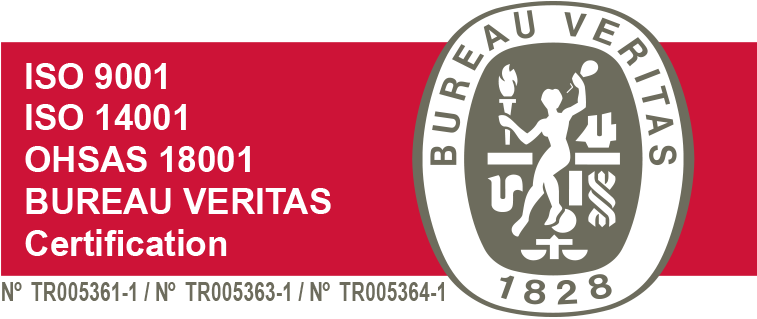Product Certificate and Label
| Name Of The Product | : | CARMINA-K 5-3-20 |
| Type | : | NPK Solution of Fertilizer |
| Guaranteed Content | : | W/W |
| Total Nitrogen (N) | : | % 5 |
| Urea Nitrogene (NH2-N) | : | % 5 |
| Phosphorus Pentoxide (P2O5) Soluble In Water | : | % 13 |
| Potassium Oxyde (K2O) Soluble İn Water | : | % 20 |
| Biuret | : | Low Biuret |
Form Of Market Presntation: 1 L – 5 L – 20 L
CHARACTERISTICS OF THE PRODUCT AND EFFECTS ON THE PLANT
CARMINA K, enhances the action of the substance chlorophyll and then permits to get more green and crispy leaves. Potassium is a vital plant nutrient element in the generative development of the plants. When there is a deficiency in potassium, it has an unfavourable influence on generative organs as well as in vegetative development, resulting in fruit without taste and of coarse-texture. Apart from it, potassium regulates the water in the plant, enhancing the formation of the fine fibres of young sprouts to turn into ligneous branches at the soonest and this permits the plant to resist better to the winter cold. The plants taking the necessary nutrient elements through photosynthesis, these elements are rapidly brought to young sprouts and leaves, the fall of fruits is impeded and the quantity and quality of fruit are ameliorated, with a better aroma and the plants being more healthy and resistant. As it extends the period of generative and vegetative development period, the number of buds and flowers is increased and then the quality of the fruit obtained is better. Fruit aroma is good and storage capacity high. It impedes the fall of fruit due to deficiency in potassium. It enhances the resistance of the plants against the diseases and drought by speeding the development of leaves and formation of buds and sprouts, as well as the development of roots. Thanks to the potassium element, the resistance of the plants to frost in the early spring and late autumn increases in cultivates and sown areas where it is used. It also regulates the use of water in the plants; it reduces the quantity of water to be used.
| MODE OF USE, TIMING AND DOSAGE | ||
| PLANT NAME | APPLICATION THROUGH LEAVES |
APPLICATION ON LEAF-SOIL |
| İn greenhouses and Strawberries |
250-300 cc / 100 L water | 2500-3000 cc / decare |
| Vegetables grown in open-field |
250-300 cc / 100 L water | 3500-4000 cc / decare |
| Fruit trees | 250-300 cc / 100 L water | 4000-4500 cc / decare |
| Citrus fruit and Olives Trees |
250-300 cc / 100 L water | 3500-4000 cc / decare |
| Vineyard | 250-300 cc / 100 L water | 3000-3500 cc / decare |
| Cereals and For industrial plants |
250-300 cc / 100 L water | 4000-4500 cc / decare |




